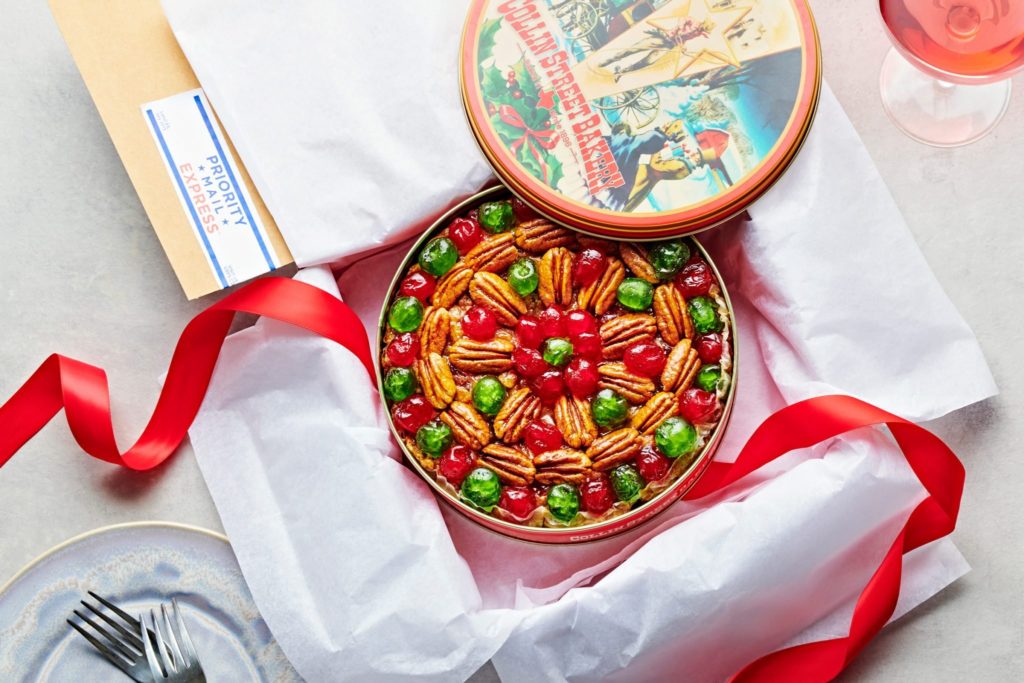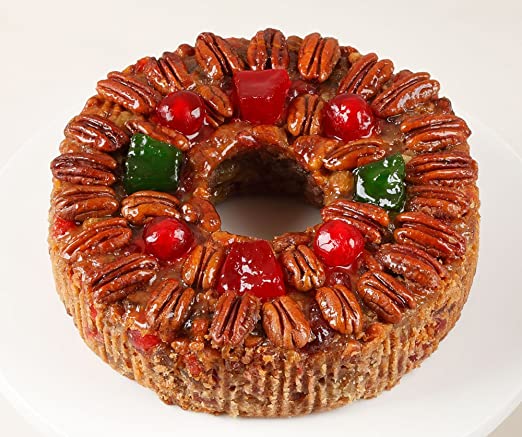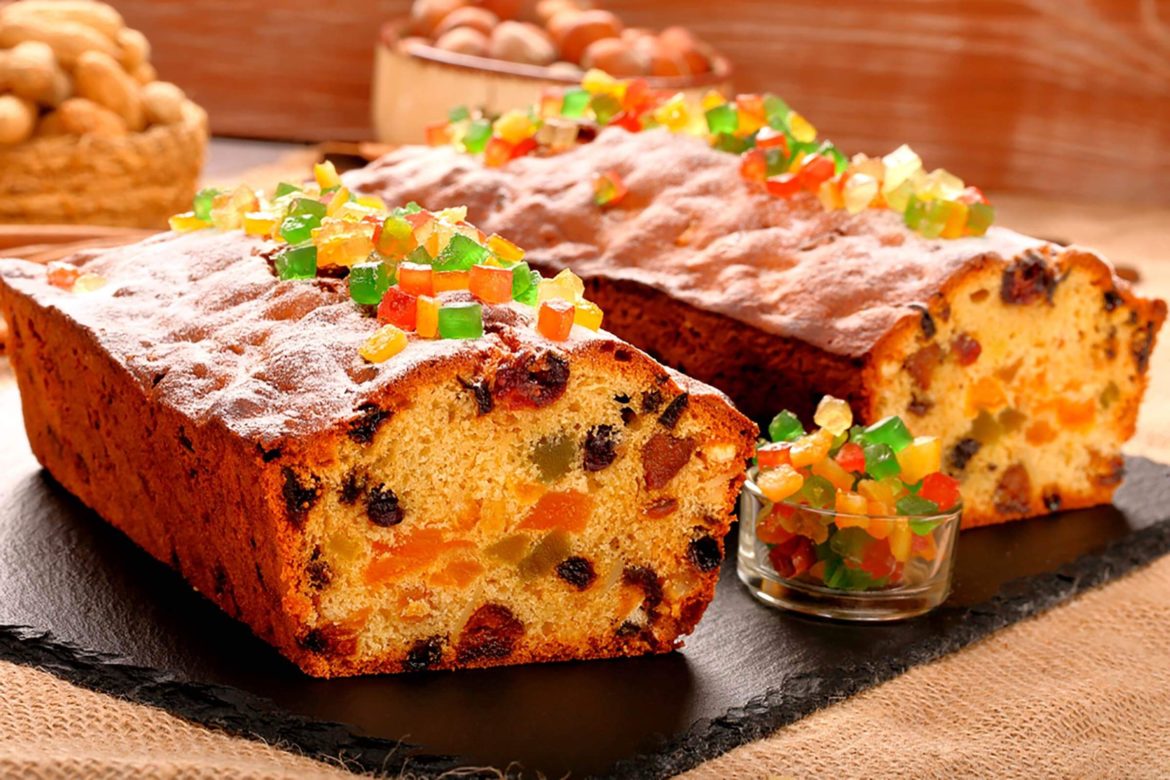“My father resembled a fruitcake. One year, he even sent one. It never arrived.“
The fruitcake was his way of taking care of me from afar.
The following written content by David Rompf

A few years ago, my father arranged to send me a mail-order fruitcake at Christmastime. Although I had a good job and owned an apartment in Manhattan, he feared my cupboards and refrigerator might be bare. I had recently moved from California, where my parents still lived in their suburban bungalow of 50 years, the house I grew up in.
He wanted me to have a particular brand of fruitcake. Made in Texas, it was famous among fruitcake lovers—or, at least, among people who gave fruitcakes to those who were assumed to love them.
“It reminds me of my mother’s,” he told me in a phone call. “Hers was really moist, with lots of raisins.”
I later figured out that my grandmother’s version, which I never had the chance to taste, was probably a Depression cake, made without milk, sugar, butter, or eggs, scarce commodities when he was a child.
Born in 1932, Dad grew up during the Great Depression in the Upper Peninsula of Michigan. On most Christmases, he received two gifts: a pair of homemade socks and a small sack of oranges.

“My mother knitted the socks,” he said. “And those oranges tasted so good.”
Ordering the fruitcake was his way of trying to take care of me from afar, in an era that, in his mind, might at any moment turn economically perilous. Regardless of my middle-aged status, I was still his son.
“It should arrive the first week of December,” he said. “As soon as you get it, let me know what you think.”
I would be going to California for Christmas, as I do every year, and I was looking forward to his gift and to sampling the flavors that transported him to his childhood.
The first week of December passed with no sign of his fruitcake. Delayed by holiday mail, I assumed, or a backlog of orders. Read the rest of the story from Reader’s Digest here.
Follow similar interesting non political news stories from News Without Politics





